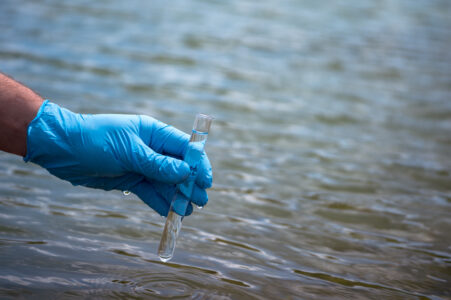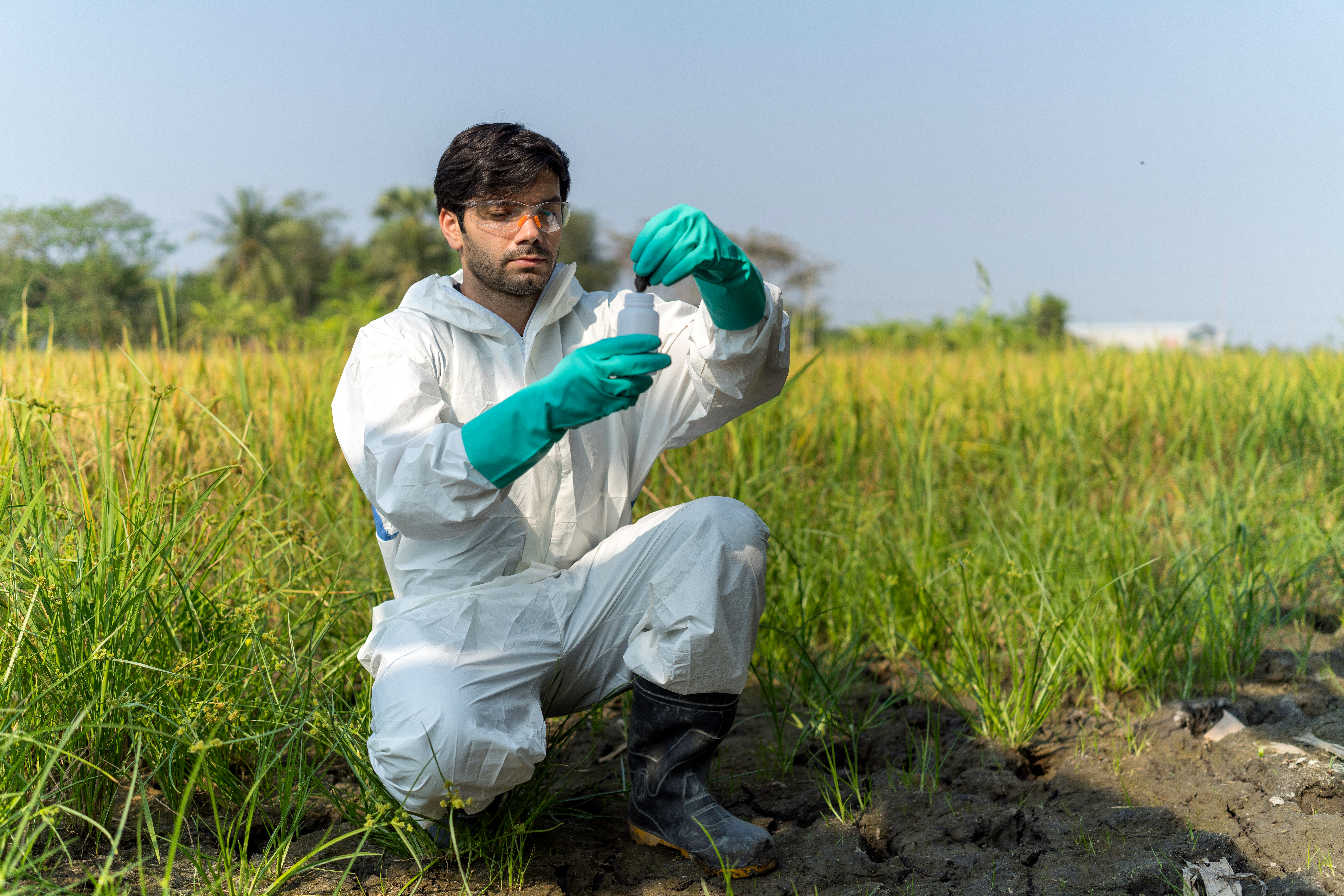Case Study
Accreditation supports a clean and safe environment in Poland
The level of air pollution is an important factor affecting the health and quality of life of the Polish citizens. For many years, Poles have been breathing air whose pollution levels exceed the acceptable limits set in the EU. In 2015, Poland adopted the National Air Protection Programme (KPOP), aimed at improvement of the air quality throughout the country. The KPOP identifies the causes of air pollution and points out to the fact that, despite significant reductions in industrial emissions, the air quality standards are still not being met. The results of annual assessments have shown that the main source of air pollution in Poland is the municipal and domestic sector, i.e. households. It is estimated that approximately 5 million domestic household boiler rooms are used in Poland, the vast majority of which are equipped with boilers having very unfavourable emission parameters.
Taking into account the KPOP, the Ordinance of the Minister of Development and Finance of 1 August 2017 on requirements for solid fuel boilers was prepared and published (Journal of Laws 2017, item 1690). The ordinance lays down specific requirements for solid fuel boilers with a rated heat output of not more than 500 kW, placed on the market after 1 July 2018, including limit values for pollutant emissions, which must be confirmed by a conformity assessment body accredited by the Polish Centre for Accreditation, in accordance with the Act of Parliament of 13 April 2016 on conformity assessment and market surveillance systems. In this area of conformity assessment, the Polish Centre for Accreditation has accredited testing laboratories and product certification bodies. Today, boiler manufacturers have the possibility to have their boilers tested in an accredited laboratory and certified to the standard PN-EN 303-5:2012 Kotły grzewcze – Część 5: Kotły grzewcze na paliwa stałe z ręcznym i automatycznym zasypem paliwa o mocy nominalnej do 500 kW – Terminologia, wymagania, badania i oznakowanie.[1] The above conformity assessment activities always include performance of pollutant emissions testing, as required by law.
The support that accreditation provides to the fight against air pollution is already being felt in the practice of economic life in Poland. The subsidy schemes for the modernisation of heating systems in Poland, including replacement of furnaces, require their beneficiaries to submit a certificate for furnaces, issued by an accredited body, to confirm both the compliance with the limit values for pollutant emissions and the efficiency parameters of the equipment. Thus, only products which have been tested and certified by an accredited body enable obtaining a subsidy. The extensive activities including accreditation are aimed at gradual elimination of the least environmentally friendly boilers.
[1] English equivalent: EN 303-5:2012 Heating boilers – Part 5: Heating boilers for solid fuels, manually and automatically stoked, nominal heat output of up to 500 kW – Terminology, requirements, testing and marking













